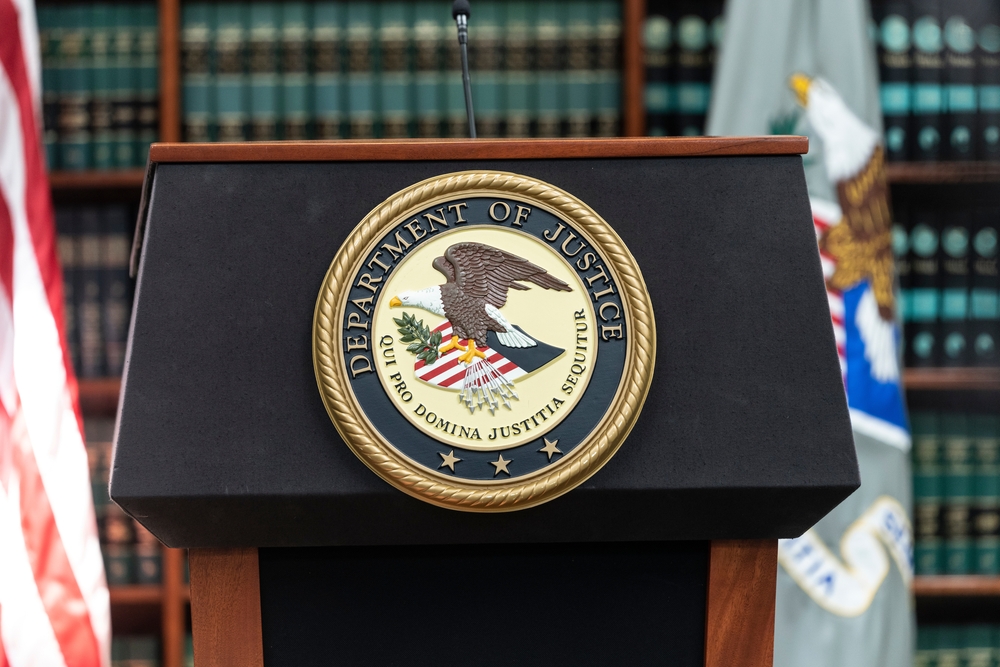 By Cindy Cohn
Gizmodo
By Cindy Cohn
Gizmodo
FBI Director James Comey gave a speech reiterating the FBI’s nearly twenty-year-old talking points about why it wants to reduce the security in your devices, rather than help you increase it. Here’s the Electronic Frontier Foundation’s response.
The FBI should not be in the business of trying to convince companies to offer less security to their customers. It should be doing just the opposite. But that’s what Comey is proposing—undoing a clear legal protection we fought hard for in the 1990s. The law specifically ensures that a company is not required to essentially become an agent of the FBI rather than serving your security and privacy interests. Congress rightly decided that companies (and free and open source projects and anyone else building our tools) should be allowed to provide us with the tools to lock our digital information up just as strongly as we can lock up our physical goods. That’s what Comey wants to undo.
It’s telling that his remarks echo so closely the arguments of that era. Compare them, for example, with this comment from former FBI Director Louis Freeh in May of 1995, now nearly twenty years ago:
[W]e’re in favor of strong encryption, robust encryption. The country needs it, industry needs it. We just want to make sure we have a trap door and key under some judge’s authority where we can get there if somebody is planning a crime.
Now just as then, the FBI is trying to convince the world that some fantasy version of security is possible—where “good guys” can have a back door or extra key to your home but bad guys could never use it. Anyone with even a rudimentary understanding of security can tell you that’s just not true. So the “debate” Comey calls for is phony, and we suspect he knows it. Instead, Comey wants everybody to have weak security, so that when the FBI decides somebody is a “bad guy,” it has no problem collecting personal data.
To read more click here.





